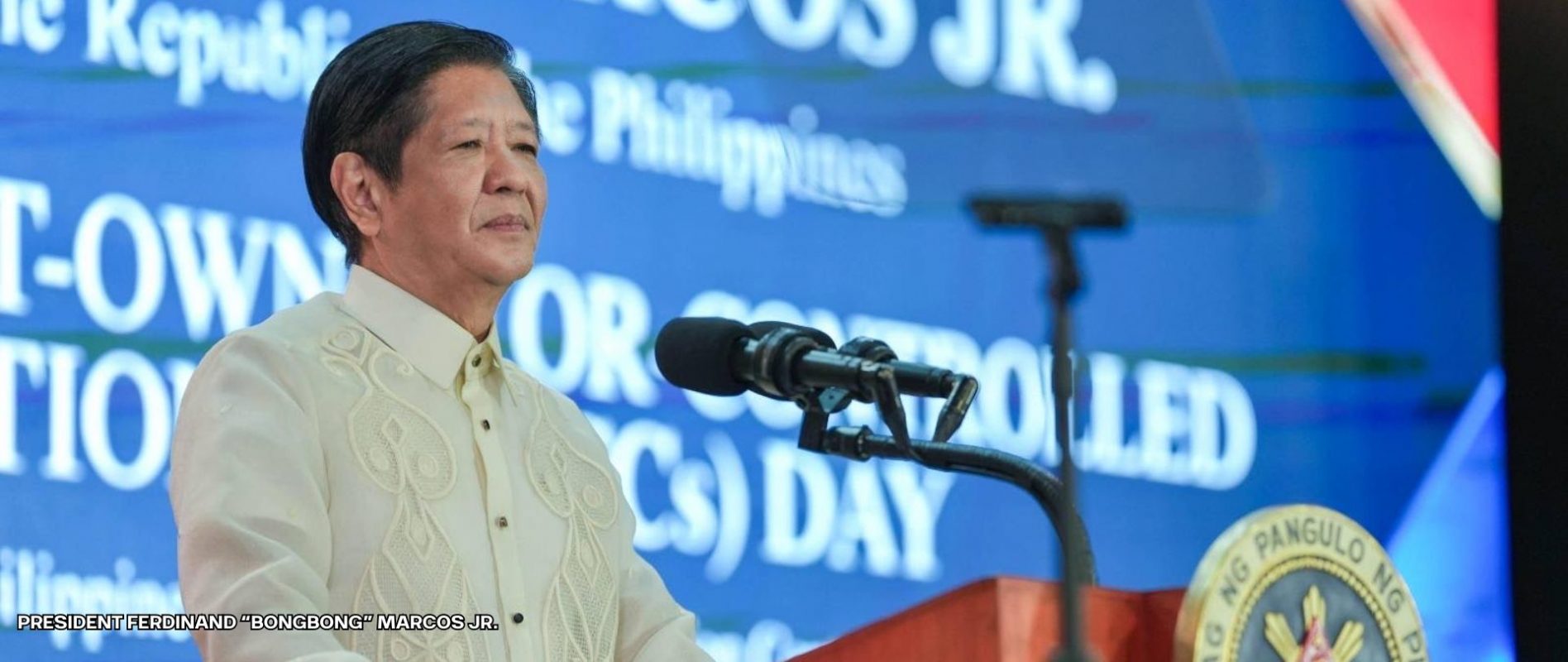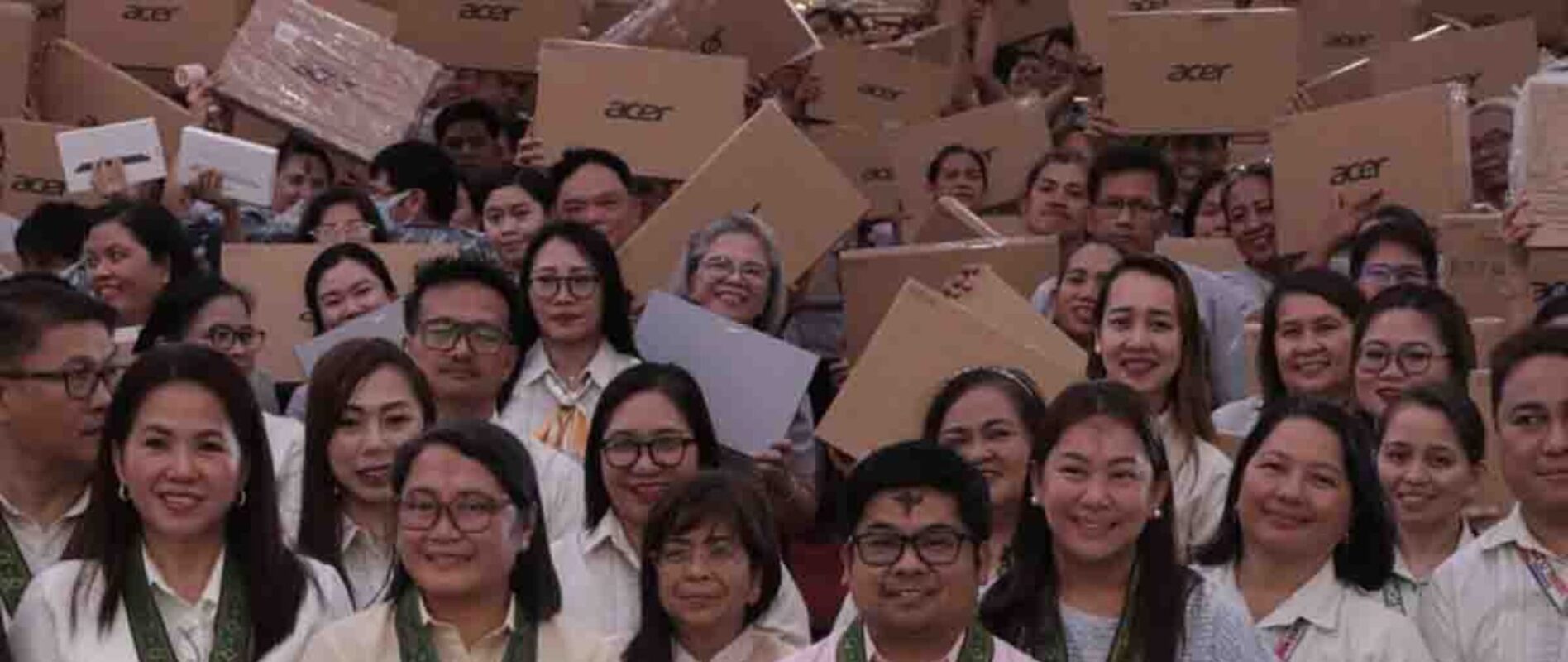SEAMEO INNOTECH CHAMPIONS AI IN EDUCATION
ARTIFICIAL intelligence has rapidly advanced, sparking significant concerns about its implications.
Issues such as AI’s impact on academic integrity and its potential to replace human roles are frequently raised.
Driving the initiative in the discussions of AI integration in education are SEAMEO INNOTECH Center Deputy Director Kochakorn Khattapan-Acidre and Legal, Policy, and Quality Management Office Manager Atty. Ira Paulo Pozon, who were prominent speakers at the recent forum, themed “Preparing and Adapting in an AI-Assisted World,” which forms part of INNOTECH’s knowledge-sharing series, “Fostering the ‘I’ in AI.”
During her opening speech, Khattapan-Acidre emphasized AI’s transformative potential in education.
“Picture a world where the classroom is no longer brick and mortar, but a vibrant ecosystem of personalized learning, where AI-powered tutors cater to every student’s unique cognitive fingerprint,” she stated.
The Deputy Director also envisioned the impact of AI in the creative industry and commerce. She reiterated that despite the seemingly overwhelming challenges behind the use of AI, it possesses great potential as a partner in creating a better future. With appropriate policies, open dialogue, and commitment to innovation, AI can help improve education, empower workforce, elevate artistry, navigate the complexities of global trade, and drive sustainable business growth.
“Let us embrace the AI revolution with open minds and open hearts. Let us harness its power to transform our education system, elevate our artistic endeavors, empower our workforce, and reshape our businesses. Let us navigate the ethical dilemmas with wisdom and foresight,” she said.
Atty. Pozon delivered a thought-provoking presentation titled “How Do You Solve A Problem Like AI?” where he addressed the profound implications of AI in education and beyond.
Beginning with a call for critical thinking in evaluating information, the presentation explored the evolution of educational technology from the emergence of the first handheld calculator to the modern AI-driven tools of today. Atty. Pozon highlighted the transformative effects of technology on global education expenditures, highlighting projections that predict significant growth in AI’s role within educational frameworks.
The session also delved into the capabilities of AI, explaining its applications in areas such as computer vision and personalized learning through tools like ChatGPT.
Atty. Pozon also addressed concerns about AI’s impact on employment. While he acknowledged the potential of automation in certain sectors, Atty. Pozon stressed the need for reskilling and embracing new technologies to enhance human capabilities. He emphasized the urgency of national policies, upskilling initiatives, and educating the populace on ethical AI use to prevent falling behind globally.
“The speed by which technology is emerging and becoming more and more ubiquitous, is a concern that must be addressed. AI, with its benefits and challenges, is already here and is widely used. The country cannot afford to be “late to the party” this time. We must face the challenges head on, create national policies across industries, and educate and empower the population with 21st-century skills and on the proper, productive, and ethical use of AI, lest we be left behind by the rest of the world, yet again,” he said.
Additionally, Atty. Pozon explored ethical considerations associated with AI, including its use in generating deepfake content that can manipulate public perception. He once again highlighted the importance of critical thinking in discerning truth from misinformation, particularly in the context of AI-generated content that could influence public opinion or political processes.
The presentation concluded with Pozon’s reflection on AI as a tool that, when wielded ethically and responsibly, can elevate human capabilities rather than replace them. He encouraged his audience to embrace AI while reinforcing timeless skills like critical thinking and creativity as essential safeguards against misinformation and ethical dilemmas in the evolving technological landscape.
As part of the knowledge-sharing series, INNOTECH will host a webinar on July 19, 2024, focusing on integrating AI tools in education, including live demonstrations.
Dr. Leonor Magtolis-Briones, SEAMEO INNOTECH Centre Director, has directed all offices under INNOTECH to conduct learning sessions and fora on AI in education leading up to the SEAMEO INNOTECH 16th International Conference on June 25-27, 2025.














